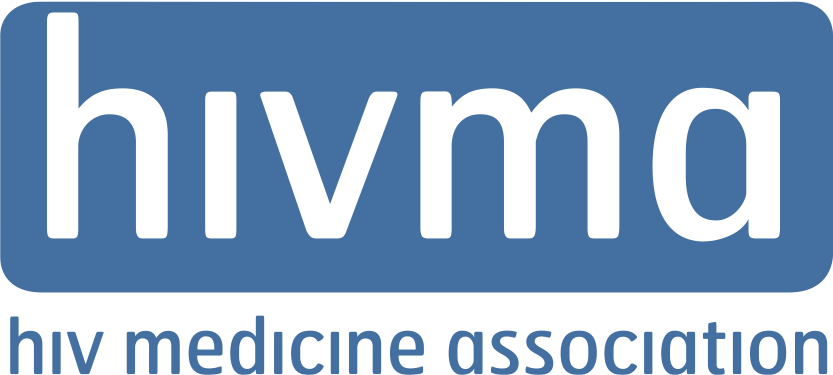House Appropriations Committee Advances Bill With Federal Funding Increases for HIV Programs
HIVMA is encouraged that funding for key HIV programs has increased in the U.S. House of Representatives Appropriations Committee’s funding bill for Labor, Health and Human Services programs for fiscal year 2023. The bill provides an increase of $225 million from the FY 2022 enacted level for the fourth year of the Ending the HIV Epidemic initiative programs across the Department of Health and Human Services and also would remove the ban on federal funding for syringe exchange programs.
However, HIVMA is disappointed the bill does not appropriate new resources to establish a National PrEP program — as called for by HIVMA and more than 100 organizations to ensure access to PrEP for everyone who could benefit from it.
HIVMA urges the House of Representatives to move quickly to advance its bills and for the Senate to follow suit later this summer.
The House Appropriations Committee approved the following funding levels for HIV-related programs:
Department of Health and Human Services
- $47.459 billion for the National Institutes of Health, a $2.5 billion increase from the FY 2022 enacted level, including a $200 million increase for HIV research with level funding for the Centers for AIDS Research as part of the EHE initiative
- $738 million across the Department of Health and Human Services to continue efforts toward the federal EHE initiative to implement effective prevention, diagnosis and treatment strategies in the target counties and states, including:
- $245 million for CDC’s EHE Division of HIV/AIDS Prevention, a $50 million increase;
- $172 million for the Health Resources and Services Administration’s EHE Community Health Centers, a $49.75 million increase;
- $250 million for HRSA’s Ryan White EHE program, a $125 million increase.
- $2.695 billion for the Ryan White HIV/AIDS Program, including:
- $691 million for Part A, a $20.5 million increase;
- $485.2 million for Part B: Care, a $41.3 million increase;
- $900.3 million for Part B: AIDS Drug Assistance Programs, level funding;
- $211.9 million for Part C: a $6.4 million increase;
- $79.1 million for Part D: a $2.3 million increase;
- $35.4 million for Part F: AIDS Education and Training Centers, a $1.1 million increase;
- $13.8 million for Part F: Dental, a $.4 million increase;
- $28 million for Part F: SPNS, a $3 million increase.
- $1.464 billion for CDC’s Divisions for HIV, Viral Hepatitis, STI Prevention and TB Elimination, including:
- $1.047 billion total for the Division of HIV prevention, a $60 million increase:
- $755.6 million for HIV Prevention, level funding;
- $46.1 million for School Health, a $10 million increase.
- $54.5 million for viral hepatitis, a $13.5 million increase;
- $179.3 million for STD prevention, a $15 million increase;
- $140 million for TB elimination, a $5 million increase;
- $43 million for opioid-related infectious diseases, a $15 million increase.
In addition, the House Appropriations Committee advanced the following appropriations bills:
- Department of the Interior, Environment and Related Agencies
- $52 million for the Indian Health Services for the Hepatitis C, HIV/AIDS and STDs initiative, a $47 million increase
- Department of Housing and Urban Development
- $600 million for the Housing Opportunities for People with HIV Program, a $170 million increase
- State Department and U.S. Agency for International Development
- $4.395 billion for the President’s Emergency Plan for AIDS Relief, a $5 million increase
- $2 billion for the Global Fund, a $440 million increase
- $330 million for USAID Global HIV/AIDS program, level funding

